Could you first introduce yourself to the reader?
Hi, my name’s Ronan Jennings and I’m the founder of Strachan Games. I make Murder Mystery Games, where players roleplay as characters, solve a mystery, and inevitably stab each other in the back.
What does your job involve? Give us the typical outline of a day?
Making one of these games can take a month or more, so each day varies wildly depending on where I’m at in the process.
But the whole journey goes a little something like this: it’ll start with a big discussion (either with the client or with my team) about what we want from this game. Theme, tone, and number of players are all things that are discussed. This’ll determine whether it’ll be a tight, methodically planned whodunnit for small groups, or an epic Game of Thrones style adventure for big parties, complete with houses, factions, and warfare.
Most of the next few weeks is spent coming up with ideas for characters, stories, and game rules to bring the setting to life, before putting it all on paper and giving it a whirl.
Once everything’s been tested, finalised, written, and rewritten, I spend a lot of time handling the files, adding character artwork from the team’s illustrator, and packaging the whole thing together. The games are completely digital so far, so it’s a lot of time sitting in front of my laptop.
What’s great about your job?
The best part of the job — and definitely the most fun — is seeing people engage with the worlds and narratives that we’ve made. Without going into the specifics of the rules, the games leave a lot of room for players to make their own choices. I’ve seen the story of one game end in three completely different ways with three different groups.
We’re deliberately very loose with the definition of what a ‘Murder Mystery’ actually is, which means we can let players live out any sort of story we like, and leave the choice of how they engage with it up to them. Who cares about solving a mystery when you can lead a mutiny against the captain of this pirate ship?
I once had a player (whose role in the game was to secretly recruit others into a demonic cult) somehow convince everyone that he was actually just part of the suffragette movement. Not something I’d ever planned for, but boy did it work.
What are the bits you don’t like or find challenging?
At the risk of giving a very boring answer: there is a lot of formatting, arranging, and compressing of PDFs. It’s all well and good coming up with a fun idea and writing it down, but making it all fit on the page, and then making that file fit on the drive, and then making the items on that drive appear in the right order is always, always, far more work than I expect it to be. A couple hours arranging files always turns into downloading 4 slightly different PDF compressor programs at 3am.
It’s a nice slap in the face after a few weeks of play-testing games with my friends. No matter how much fun a job can be, work always finds a way of becoming work.
What are the highlights of your career to date?
Two moments stand out. The first is an obvious one — when the owner of a company far more established than mine played my games for the first time, expressed interest in licensing them, and started throwing around numbers far bigger than I’d anticipated. Suddenly this hobby of mine could become a career.
But the other moment came a lot earlier. The first time I ran one of these games. It was a few months into lockdown, with 7 of us huddled into an online chatroom. I explained what I’d made — some sort of murder mystery about outlaws in the wild west — and did my best to shakily explain the rules. I was anxious about anyone caring, getting it, or engaging with it at all, when suddenly they were all shouting in their best (quite bad) Texan accents, demanding to know who’d stolen their horses and asking where they could get a good drink around here. I never imagined I’d make any money at that point, but from that moment I knew I’d made something fun.
What was your career path into this job? Have you also worked outside the arts?
I’ve worked a lot of odd jobs: vaguely artsy, mostly freelance, and usually quite poorly paid. Script editing, poster designing, flyering for Fringe shows. There were a few months as a cinema attendant, and a couple years as an escape room games master. The escape room definitely shares the most DNA with my current murder mystery work, and taught me some very useful lessons about the games events industry. But this all really sprang from being exceptionally bored in lockdown.
I made it my mission to create and publish something every month for the duration of lockdown. Artwork, podcasts, stories, all sorts. Most of it was rubbish, but all of it was fun. One of these things was a series of simple murder mysteries games, made just as something to entertain my friends with over Zoom. They went well, so I made some more. Between my graphic design skills and a friend who’s a great illustrator, we were able to put them together in quite attractive packets and put them online for a small fee. Then I started receiving requests for commissions, so I made a website. I made some contacts, sent some emails, and now, I’m licensing the games out to games events companies around the world.
Can you describe your biggest challenge so far in your career? How did you overcome it?
There was a decent length of time, right after I’d decided to take this seriously, that nobody bought my games. None. Zero. My marketing skills weren’t up to scratch, I didn’t have the contacts to wrangle some deal with a bigger company and, with lockdown coming to an end, my normal responsibilities were taking up all of my time.
If I was just doing it for the money, I would have given up. But I love making games. If nobody was paying me, I’d keep doing it anyway. And, well, nobody was paying me, so I kept doing it anyway. Eventually, with a lot of practice, I knew my games were good enough that I had the confidence to reach out to proper games companies and ask if they wanted to work with me. So far, they’ve said yes.
Have you noticed any changes in the industry? If so, what?
The rise of ‘nerd culture’ is really shaking things up. People aren’t embarrassed to indulge in things they enjoy any more. With that comes a desire to PLAY. More people than ever are playing things like Dungeons and Dragons. Escape Rooms are a rapidly growing industry, and games of all sorts are increasingly popular. I don’t know if there would have been a market to do what I do even just a few years ago. It would have been too niche, attracting only amateur dramatists and the most hardcore of nerds. I’m very happy for the change!
You’ve been granted the ability to send a message to 16-year-old you. What do you say?
Make stuff. Then show that stuff to people. Then make more stuff. It doesn’t matter what that stuff is: art, music, literature, games, just keep making it. It might be bad, but so what? You created something that didn’t exist before, and that’s really cool. Plus, the next thing might be a little bit less bad. Sooner or later you might make something that’s actually good, maybe even great. But you’ll never get there if you don’t start making stuff. So start now.
Do you have any advice for young people interested in doing your kind of job?
I’m still starting out, so I hardly know myself, but what I’ve learned is that you need to get to know people. Networking is everything.
Nobody gave me my job — I had an interesting product and a contact who knew how to sell it, so I made some calls and created the job for myself. If I hadn’t known that person, or didn’t know they were looking for games, I wouldn’t have made that first big sale, and I never would have made it.
Make things. Make friends. Make stuff.
You can find Ronan's work on his website here.

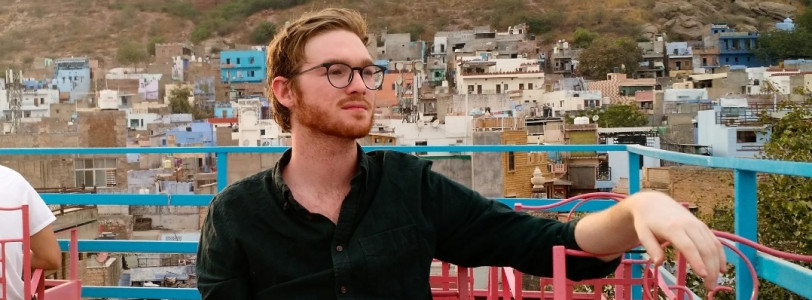
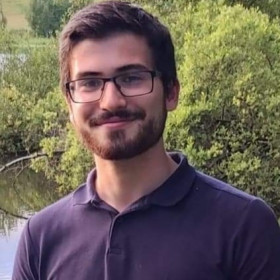
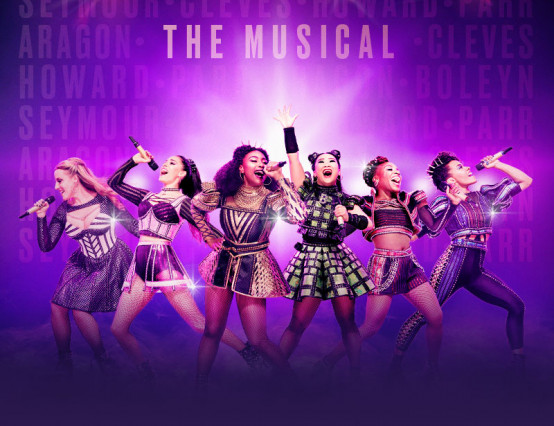
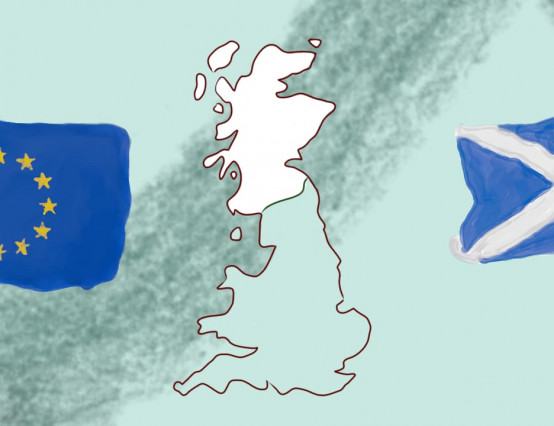
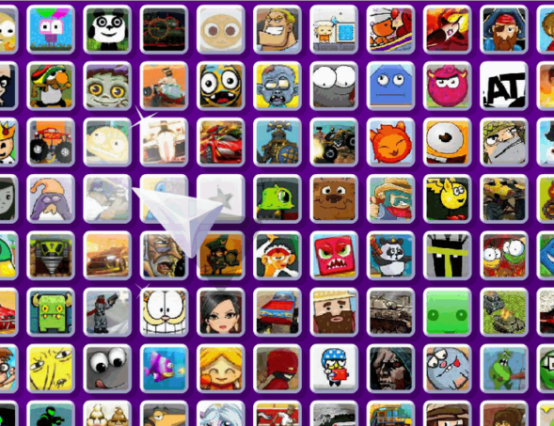



0 Comments